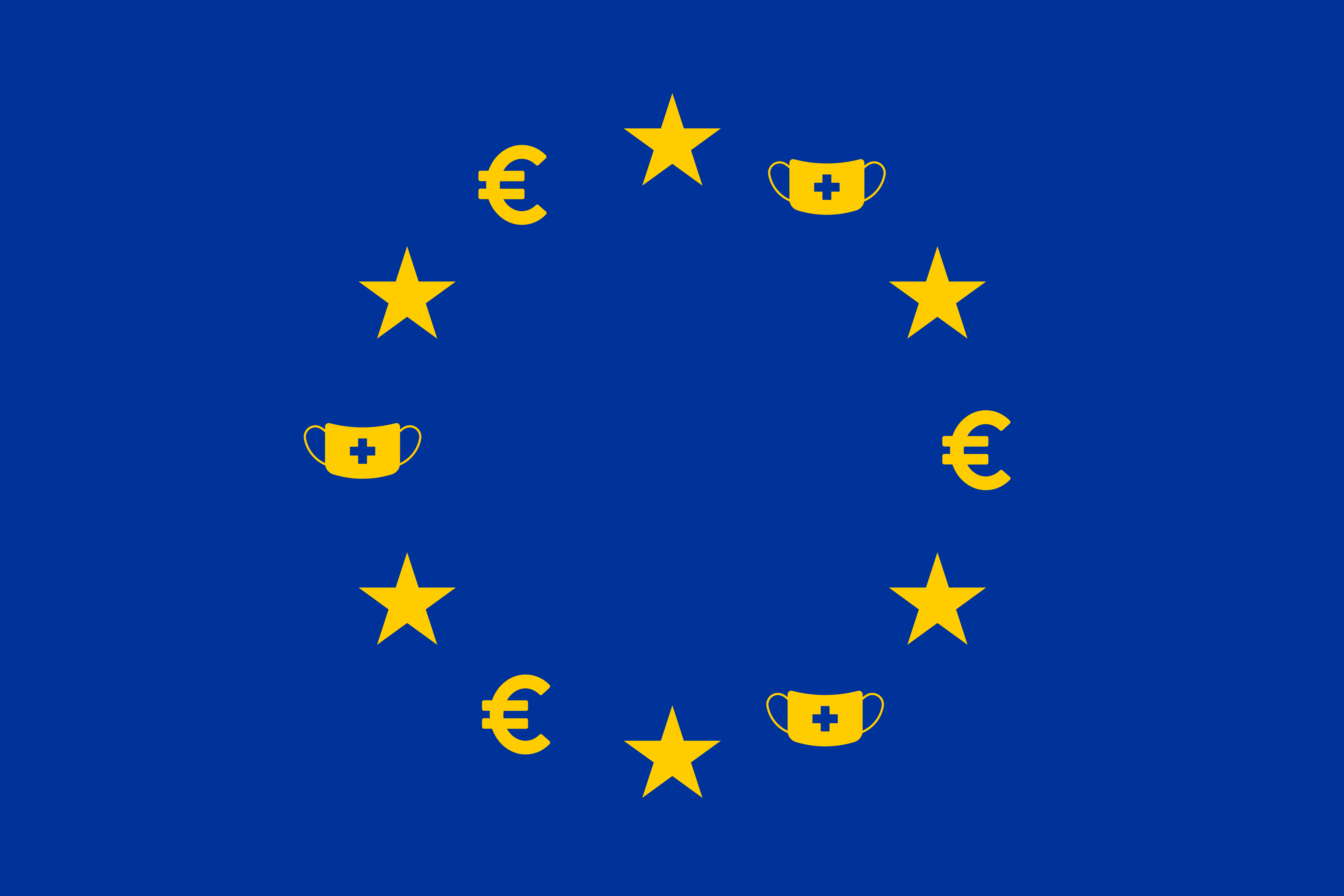What We're Watching: "Illiberals" veto EU budget, Bangladesh's all-female cop unit, Armenian PM in trouble
EU budget in peril: The European Union now faces an unexpected budget crisis after Hungary and Poland vetoed the bloc's 1.8 trillion euro ($2.14 trillion) spending proposal that will help steer the bloc's pandemic recovery, and fund the Union through 2027. Budapest and Warsaw balked after the EU included a provision that made disbursement of funds contingent on respecting EU rule-of-law norms — including on issues like judicial independence and human rights — which both countries vehemently oppose. The twin veto came as a surprise for many in Brussels, which had recently compromised on this issue by agreeing to only cut funding if the rule-of-law threat directly affects how EU money is spent, and if a simple majority of member states approve. Those terms were seen as narrow enough for Budapest and Warsaw to accept, but the EU's two "illiberal" states are playing hardball. We're watching to see how long Hungary and Poland — which often flout EU democratic norms — are willing to hold the EU budget hostage, or if the bloc will cave to their demands in order to release 750 billion euros in coronavirus relief funds that other member states are desperate to get their hands on.
Bangladesh launches all-female police unit: The scourge of violence against women in Bangladesh came to a head last month, when thousands of protesters flocked to the streets demanding change, prompting the government to implement the death penalty for rape convictions. For years, Bangladesh's government stood accused of facilitating a culture of impunity around gender-based violence (1,350 women were raped in the first 10 months of this year alone, likely a gross undercount because many sex crimes are not reported). In the wake of mounting public pressure, there are now some promising signs that the government is taking gender-based violence more seriously. This week, the first all-female police unit was launched to fight online abuse against women, who are disproportionately victims of digital crimes like revenge porn, sexual blackmail, and social media hacking. Indeed, Bangladesh has seen a massive increase in online sexual abuse as internet use has doubled over the past five years. Cause for optimism to be sure, but weeding out a web of legal and cultural norms that favor men remains extremely difficult.
